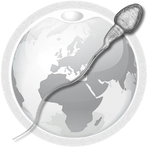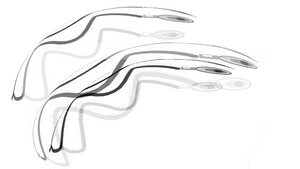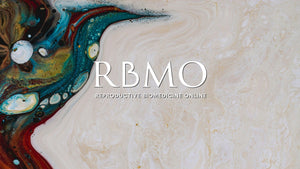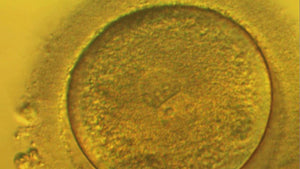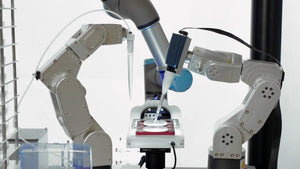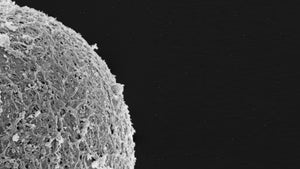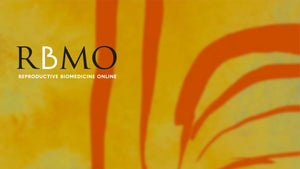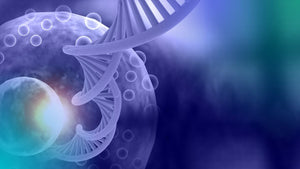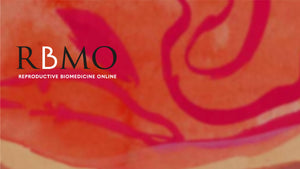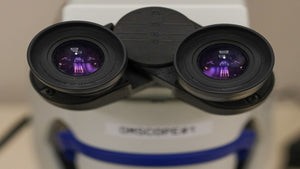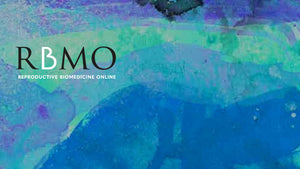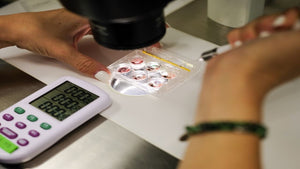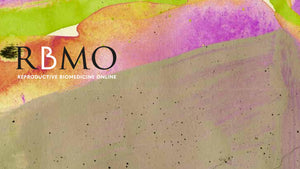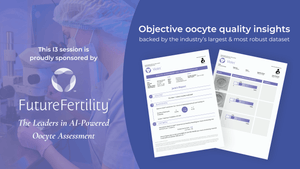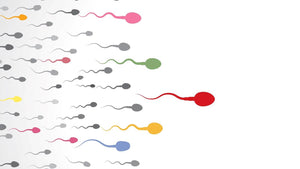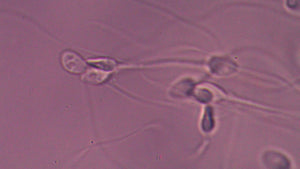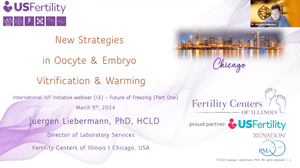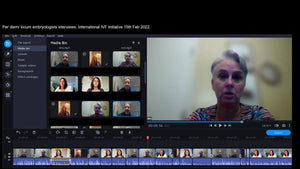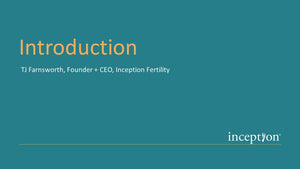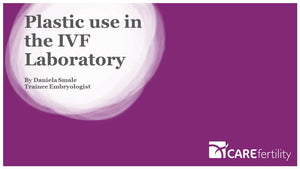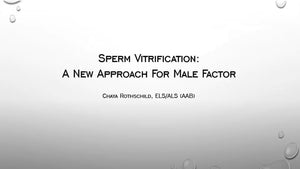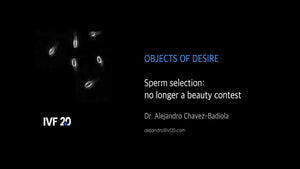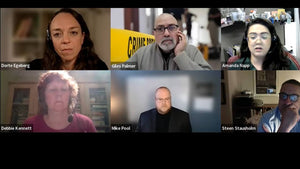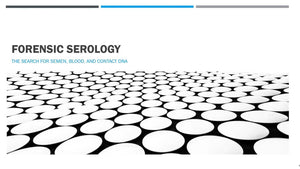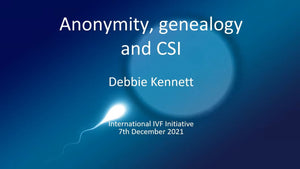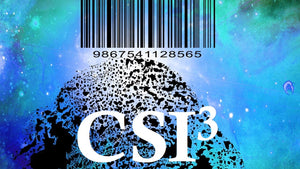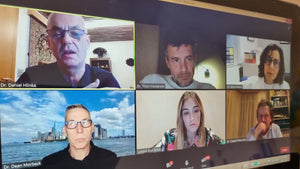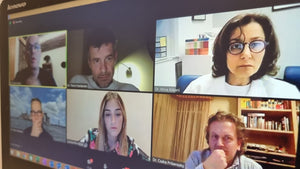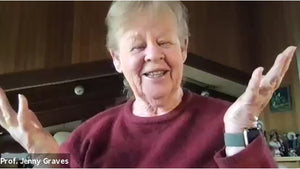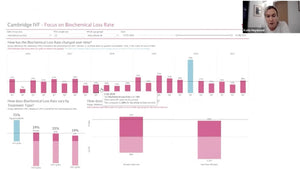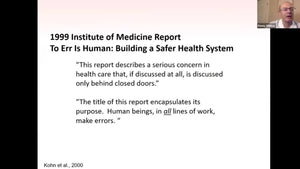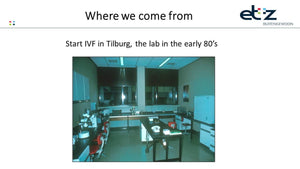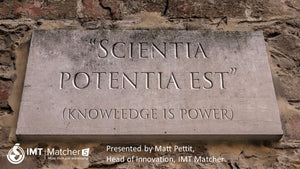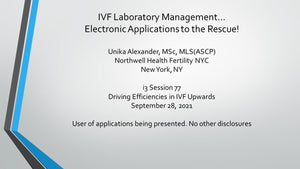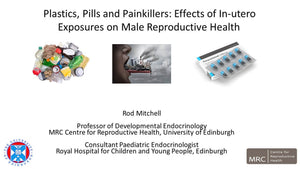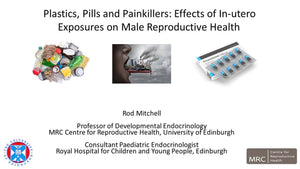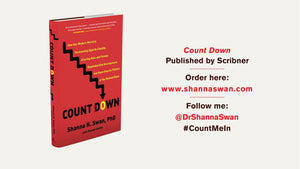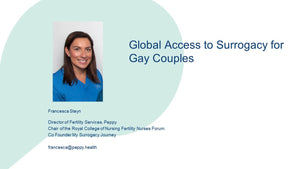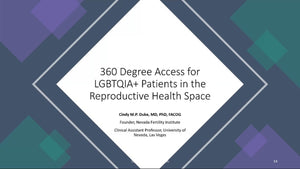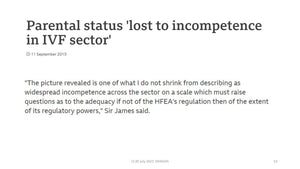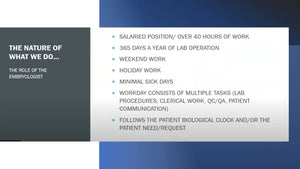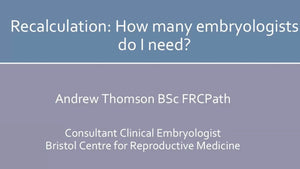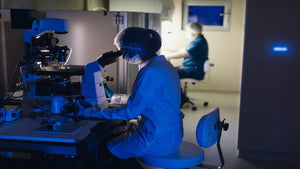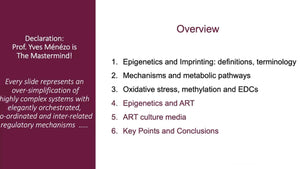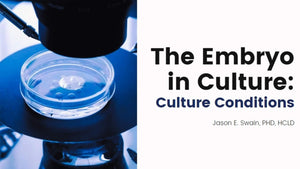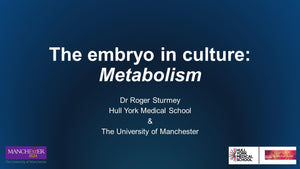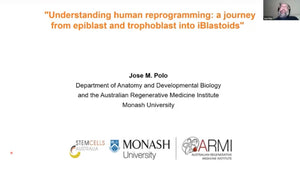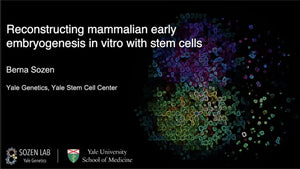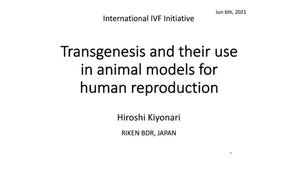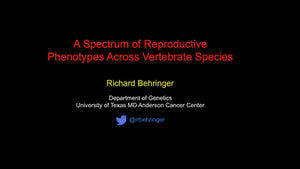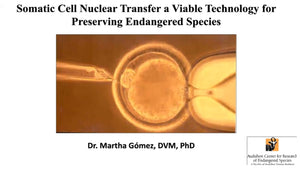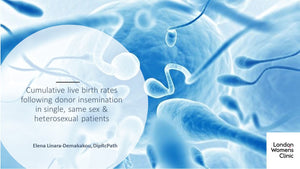Session 82: The Y Chromosome

Donate
At the International IVF Initiative, we are committed to providing free access to our educational sessions, webinars, and resources for professionals and individuals passionate about advancing reproductive medicine. We believe that cost should never be a barrier to knowledge and collaboration. By contributing, you’re ensuring that valuable educational resources, expert insights, and collaborative opportunities remain open to all without financial barriers. Together, we can continue to foster a global community dedicated to innovation and excellence in the field of IVF.
Your Donation
Thank you!
Session 82: The Y Chromosome
Tuesday, 16th November 2021 3PM EST/ 8PM GMT / 9PM CET
Moderator:
Prof. Darren Griffin and Dr. Stacy Colaco
Presenters:
"The Human Y Chromosome and the Future of Men"
Professor Jenny Graves
"The Role of the Y Chromosome in Infertility"
Dr Sherman Silber
PROF. JENNY GRAVES
 Jenny Graves is an evolutionary geneticist who exploits our distant relationship to Australian animals to discover how animal genes and chromosomes evolved, and how they work. She uses this unique perspective to explore the origin, function and fate of human sex genes and chromosomes, (in)famously predicting the disappearance of the Y chromosome.
Jenny Graves is an evolutionary geneticist who exploits our distant relationship to Australian animals to discover how animal genes and chromosomes evolved, and how they work. She uses this unique perspective to explore the origin, function and fate of human sex genes and chromosomes, (in)famously predicting the disappearance of the Y chromosome. Jenny studied at Adelaide University (BSc, MSc) and the University of California Berkeley (PhD). She lectured at La Trobe University, then at ANU she founded and directed the Comparative Genomics Group and an ARC Centre of Excellence. She returned to La Trobe as Distinguished Professor and Vice Chancellor’s Fellow.
Jenny has produced three books and more than 400 research articles. She received the international L’Oreal-UNESCO prize (2006), an Order of Australia (2010) and the Prime Minister’s Prize for Science (2017). She was elected to the Australian Academy of Science (1999), and the US National Academy of Science (2019).
DR. SHERMAN SILBER
 For over 46 years Dr. Silber has originally developed all of the most popular fertility treatments used all around the world today.
For over 46 years Dr. Silber has originally developed all of the most popular fertility treatments used all around the world today.He performed the world’s first microsurgical vasectomy reversal, as well as the first testicle transplant, in the 70’s and now in the current century, the world’s first ovary transplant. He was the first to develop the TESE and MESA techniques for retrieving testicular and epididymal sperm in azoospermic men. He headed the clinical MIT team that first mapped and sequenced the Y chromosome in infertile men and discovered the now famous DAZ gene for male fertility. His research includes also the study of reproduction and fertility in zoo animals and endangered species. Most recently he has perfected the preservation of fertility for cancer patients with ovarian freezing and transplantation and thereby figured out how to extend the reproductive biological clock of women. He has helped pioneer minimal ovarian stimulation to reduce IVF costs and eliminate complications while maintaining the very highest success rate, even in older women. He heads the clinical team on the CHOSE project to transform skin biopsy cells into eggs and sperm in humans. He has even recently answered the age-old question of why the dinosaurs went extinct by extending his research on male infertility and the Y chromosome, discovering that the change in earth temperature 65,000,000 years ago led to the birth of a skewed male/female sex ratio.
Dr. Silber has treated many thousands of infertile couples who travel to St. Louis daily from all over the world. His patients come from every state in the U.S.A., all over Europe, South America, the Middle East, Asia and Africa.
He is the author of five medical textbooks, five best selling books for the layman and more than 250 scientific papers on human infertility and reproduction.
Dr. Silber went to medical school at the University of Michigan, did post-graduate training at Stanford University, and then again at the University of Michigan. From 1967 to 1969, he provided medical care via the U. S. Public Health Service to Eskimos, Indians, and Aleuts. Then he taught at the University of Melbourne Medical School in Australia, and later at the University of California Medical School in San Francisco. He is a scientific collaborator at MIT in Cambridge, Massachusetts, at the Kato Clinic in Tokyo, and at the University of Kyushu in Japan, and is a full professor at the University of Amsterdam, and at Sun Yat Sen University Medical School in China. His major clinical medical practice is at St. Luke’s Hospital in St. Louis, Missouri..
DR. DARREN GRIFFIN
 Professor Darren Griffin received his Bachelor of Science and Doctor of Science degrees from the University of Manchester and his PhD from University College London. After postdoctoral stints at Case Western Reserve University and the University of Cambridge he landed his first academic post at Brunel University, before settling at the University of Kent, where he’s been for the last 15+ years. He has worked under the mentorship of Professors Joy Delhanty, Christine Harrison, Terry Hassold, Alan Handyside and Malcolm Ferguson-Smith.
Professor Darren Griffin received his Bachelor of Science and Doctor of Science degrees from the University of Manchester and his PhD from University College London. After postdoctoral stints at Case Western Reserve University and the University of Cambridge he landed his first academic post at Brunel University, before settling at the University of Kent, where he’s been for the last 15+ years. He has worked under the mentorship of Professors Joy Delhanty, Christine Harrison, Terry Hassold, Alan Handyside and Malcolm Ferguson-Smith.He is President of the International Chromosome and Genome Society, a Fellow of the Royal College of Pathologists, the Royal Society of Biology and the Royal Society of Arts, Manufacture and Commerce. He sits on the faculty of CoGen (controversies in genetics) and has previously sat on the board of the Preimplantation Genetic Diagnosis International Society (PGDIS), organising its annual meeting in 2014.
Professor Griffin is a world leader in cytogenetics. He performed the first successful cytogenetic PGD (using X and Y FISH probes for sexing) and, more recently, played a significant role in the development of Karyomapping, an approach he now applies to cattle. In a 30+ year scientific research career he has co-authored over 200 scientific publications, mainly on the cytogenetics of reproduction and evolution, most recently providing insight into the karyotypes of dinosaurs.
He is a prolific science communicator, making every effort to make scientific research publicly accessible (both his own and others) and is an enthusiastic proponent for the benefits of interdisciplinary research endeavour. He has supervised over 35 PhD students to completion and his work appears consistently in the national and international news. He currently runs a vibrant research lab of about 20 people (including a programme of externally supervised students) and maintains commercial interests in the outcomes of research findings, liaising with companies in the field.
DR. STACY COLACO
 Stacy Colaco is an aspiring young scientist keen on investigating the effects of Y chromosome microdeletions beyond male infertility. She has developed a simple and cost effective assay to diagnose Y chromosome microdeletions in infertile men using non-invasive sampling techniques. She is also developing a machine-learning based algorithm that will predict embryonic outcomes when sperm bearing Y chromosome microdeletions are used in ART. This software will aid clinicians in counselling men with microdeletions regarding their treatment possibilities.
Stacy Colaco is an aspiring young scientist keen on investigating the effects of Y chromosome microdeletions beyond male infertility. She has developed a simple and cost effective assay to diagnose Y chromosome microdeletions in infertile men using non-invasive sampling techniques. She is also developing a machine-learning based algorithm that will predict embryonic outcomes when sperm bearing Y chromosome microdeletions are used in ART. This software will aid clinicians in counselling men with microdeletions regarding their treatment possibilities. Stacy earned her doctorate in Biochemistry from the University of Mumbai and has pursued her post doc at the Indian Council of Medical Research’s National Institute for Research in Reproductive Health, Mumbai, India at the Department of Molecular and Cellular Biology. She was recently awarded at the Indian Society of Developmental Biologists Biennial Meeting for her work on elucidating the role of the AZF locus of the human Y chromosome during early embryonic development. She has authored several papers and book chapters and is enthusiastic about translating laboratory research into new approaches to medical diagnosis.
